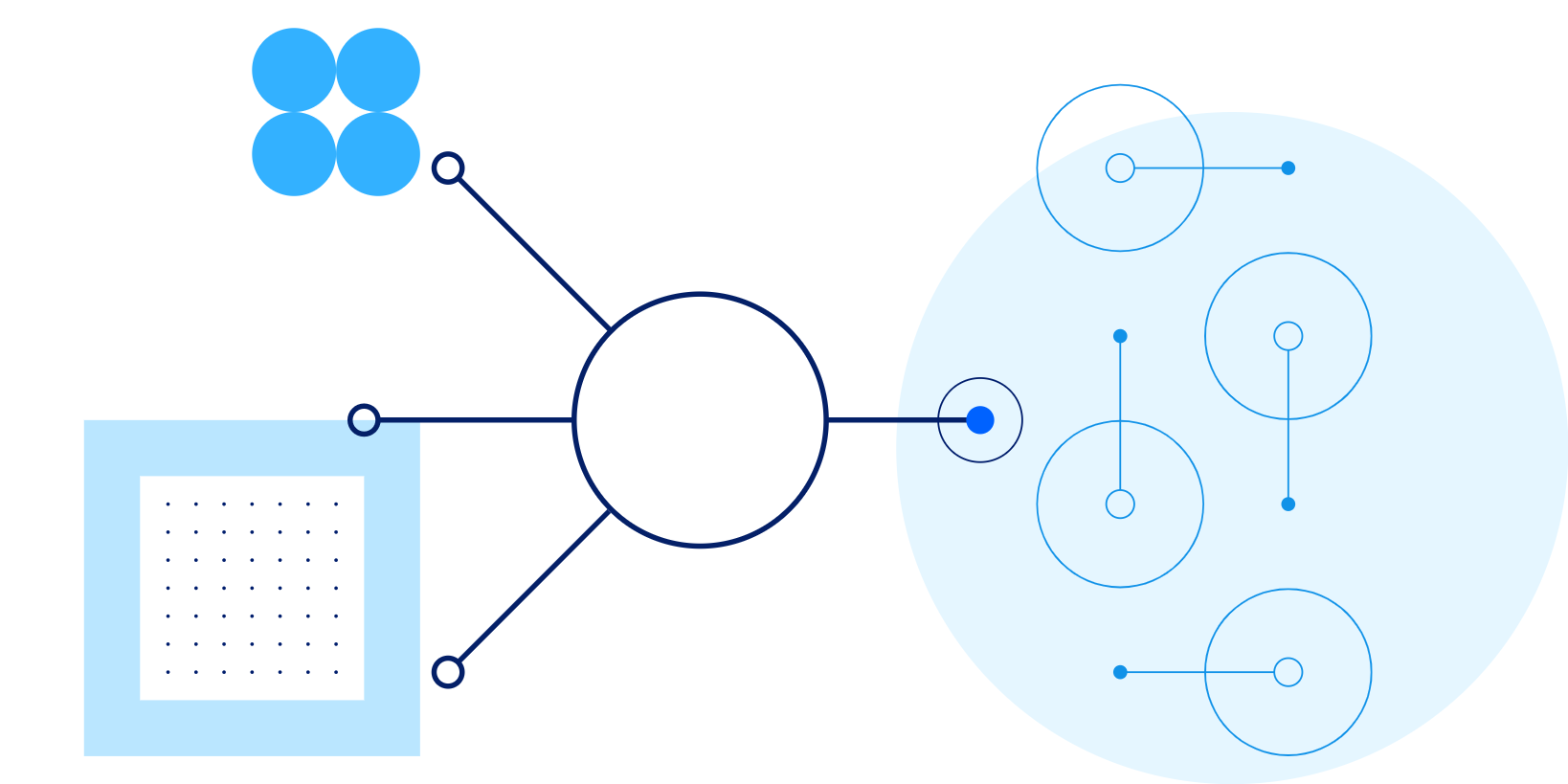About cookies on this site Our websites require some cookies to function properly (required). In addition, other cookies may be used with your consent to analyze site usage, improve the user experience and for advertising. For more information, please review your options. By visiting our website, you agree to our processing of information as described in IBM’sprivacy statement. To provide a smooth navigation, your cookie preferences will be shared across the IBM web domains listed here.
Perspectives
Climate Change and Energy Transition
16 December, 2019 | Written by: Keric Morris
Categorized: Perspectives
Share this post:
We are getting used to news of failure on hitting climate change targets. The latest WMO provisional statement on the state of the Global Climate highlighted that instead of a carbon reduced, carbon emissions actually increased by 1.5% a year over the past decade, requiring a 7.6% reduction every year to 2030 to stay within the 1.5C ceiling on temperature rise.
This would mean a step change in how we tackle the issue of carbon (or more broadly air pollution) over the next ten years – difficult yes, but not impossible. As a friend pointed out recently, look at the take up of the car between 1907 and 1917 in the US. In 1907 there was barely 100k cars in the country yet by 1917 cars had all but replaced horses (and significantly reduced the number of bicycles as well!) with the technology becoming a cost effective (prices went from $860 in 1906 to $260 in 1916 for a Model T) and reliable replacement.
If we draw a similar parallel in the energy transition – we are getting to an inflection point in the drive to a carbon free economy. With technologies becoming cost effective (through improvements in everything from efficiency through to cost of production) and large scale implementation of many of these from generation (including solar, wind, etc.) through to energy balancing and storage, price parity is being reached for many of the necessary elements of a renewable energy system.
However, take up has still been slow with regulatory approaches fragmented, incentives to switch limited and transitory – with the focus to date on early adopters who have been predominantly the more affluent. The reasons for this are simple, while the economics are now starting to stack up, buying into these technologies (from self-generation to electric vehicles) requires companies and consumers to jump through a number of hurdles. These include access to capital (and an understanding of financing, net present value, etc.), jumping through a variety of regulatory hurdles and the existence of effective products in the market to support the transition (e.g. feed in tariffs) to name but a few.
Until we can make switching simple and easy to access, effectively making it cost effective for consumers and profitable for businesses, then a mass transition is going to be difficult to achieve. This is going to require new cross industry partnerships accessing a variety of value pools in order to make business models work – which will in turn drive the transition needed. We need to make energy sustainability not only the right thing to do ethically, but also commercially – using capitalism to drive the transition.
At IBM we have been working with cross industry partnerships, leveraging technologies such as IOT and blockchain to develop these new models – which we will explore in our next blog.
What we are also doing is setting up forums – we are calling them industry ‘hacks’ – to bring cross industry players together to explore how we can solve these problems. The first of these, the Energy Hack, will be run in late January 2020 with the energy industry and associated industry leaders from areas such as healthcare, mobility, social housing, to name a few attending. Please feel free to reach out to me if you are interested in finding out more or taking part.

Keric Morris
Executive Partner, Digital Strategy Global Energy Lead Global Business Services
More stories
By Helen Gowler on 3 October, 2024
Generative AI: driving a new era of HR transformation
Helen Gowler, Partner, EMEA Talent & Transformation Lead Today, I’m proud to be part of a company that’s committed to addressing gender bias in the tech industry. IBM is pioneering the use of AI to tackle this issue, and I’m excited to contribute to this effort. Our team is developing AI models that can detect […]
By Mark Restall on 18 July, 2024
Multi-Modal Intelligence Platform
Traditionally, data management systems provided only numerical or textual based business intelligence primarily for back-office users across finance, sales, customer management and supply chain. Today, we are increasingly seeing data management systems which drive key business functions requiring interrogation of multi-modal data sets from documents, presentations, images, videos to audio. This demands a more sophisticated […]
By Mark Restall and others on 16 July, 2024
The use of GenAI to Migrate and Modernise Organisational Core Programming Languages
GenAI is hugely powerful and supports a diversity of use cases by focusing on routine work – allowing people to focus time on value-add tasks, thus enhancing productivity. The focus of this use case is for an organisation which had previously focussed on a legacy set of tooling and programming languages and needed a way […]





























